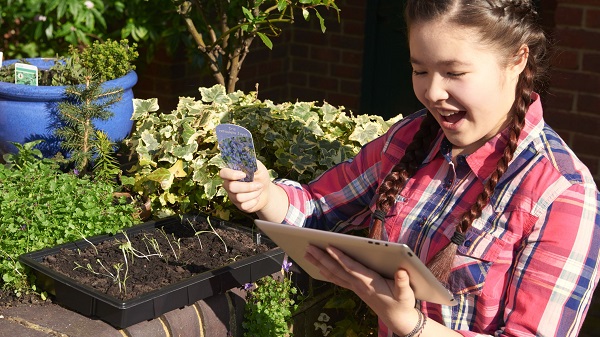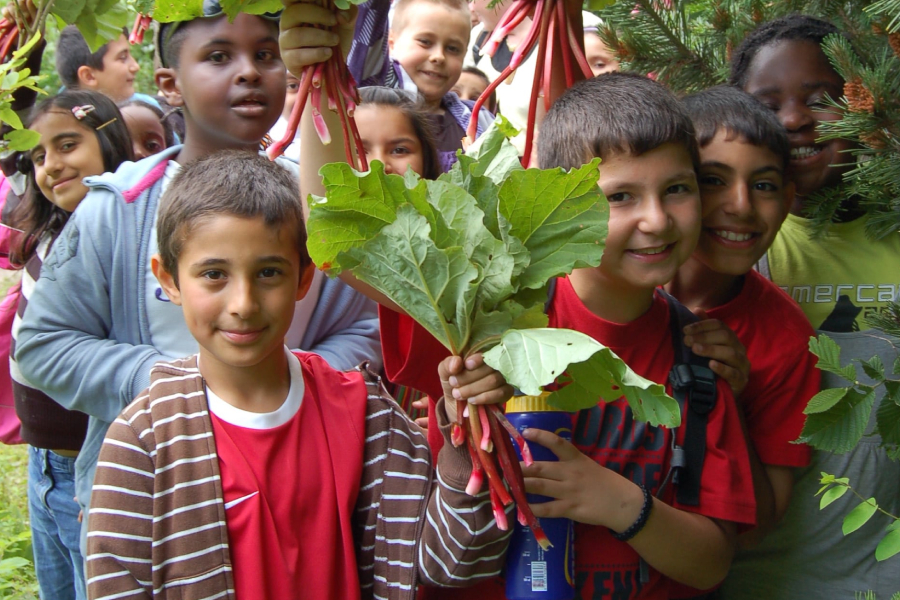How To Garden With Kids? : A Brief Overview
Gardening is a great way to promote well-rounded development in children. Gardening encourages children to consume more nutritious foods. According to a study, gardening can prevent obesity and other health complications, improving one’s mood and well-being. Gardening is also quite effective in handling depression and anxiety smoothly. It is no wonder why some of the best international school in Chennai (https://www.internationalvillage.org/) are increasingly adopting gardening as an important part of their curriculum. However, parents must establish habits that put this belief into action. Find out more about the benefits of gardening in the following sections.
Gardening Benefits A Child’s Holistic Development
Gardening teaches children a pattern of healthy activity and helps them take responsibility for their health. Health experts stress that gardening can help children feel more capable of achieving their goals, foster STEM and analytical abilities, and help them develop their sense of competence.
Gardening also helps children develop important skills such as deductive reasoning, initiative, planning, and organisation. Parents or teachers should assign their children to do a little gardening research before getting them started. Here are a few benefits of encouraging students in gardening.
- Gardening allows children to relax, breathe fresh air, and be at peace with themselves.
- Recent research found that gardening has a calming effect on the brain and that people who garden regularly experience fewer stress-related incidents per year.
- Gardening can help you to concentrate and remember things better.
- Children who participate in gardening activities outside have better mental performance and better concentration.
- Gardening can positively affect a child’s mood and psychological well-being and can elicit strong positive emotions.
- Gardening is a surprising amount of physical exertion that requires muscles in both the upper and lower body.
- School gardens improve social abilities, increase science achievement, and increase nutrition knowledge.

How to start a school gardening project?
A school garden requires various forms of assistance, including grants, in-kind donations, and fundraising events. Best schools in Chennai use school gardens for various purposes, but the guiding principles should be a food donation garden, a living classroom, or nutrition education.
A great school garden programme begins with a fantastic group of people. Create a Planning Committee composed of your champions. Choose a location that receives at least six hours of sunlight per day. But before that, you should first get approval from your principal, then speak with your Buildings and Grounds Committee. Once you’ve devised a strategy for your school garden, here is what students will learn from it.
- The School Gardens Program will teach first graders how to grow plants and provide them with fundamental biological and botanical knowledge.
- In the garden, insects are beneficial, pests, and pollinators. The class can play a game of Treasure Hunt to find bugs.
- After indoor explorations and experiments, it’s time to plant seeds in the outdoor garden beds. The seeds must sprout, grow, and be harvested before being used.
- Students create their miniature garden to take home and plant two vegetable starts and two seeds in each pot.
- Gardening engages the senses and helps children to develop their sense of smell and taste.
- Gardening helps children develop important motor skills that will help them improve their academic skills.
Children enjoy eating vegetables that they have grown themselves, and they also feel a sense of accomplishment.
Also important is teaching children about food preparation, from harvesting to cooking, from an early age.
Summer vegetables are not appropriate for school gardens because no one is present to care for the gardens during the punishing heat and drought of our summers. Instead, autumn and winter vegetables are being grown.
Children benefit greatly from spending time outside, and gardening provides them with various entertaining and educational opportunities. They also learn to save money through gardening and be vigilant about the bad practices that can harm food production. The following are a few aspects kids learn through gardening.
Grow your food: Instilling good habits in kids
It is often observed that to produce more food in a shorter amount of time; people are using methods that affect the quality of the produce. For instance, potatoes are the most pesticide-contaminated food in weight, but there are some natural pesticide-resistant foods.
Gardening also reduces the number of “food miles” and brings fresher food for users. It also instils a sense of responsibility and patience. Children can collaborate while growing flowers and the excitement of anticipating which flower will emerge from the soil first will encourage children to interact. The outdoor wooden sandpit is ideal for children to play in and can be used as a planter when the weather is nice.
Overall, gardening is an excellent way to teach kids many essential traits. Schools need to incorporate gardening into their curriculum.




